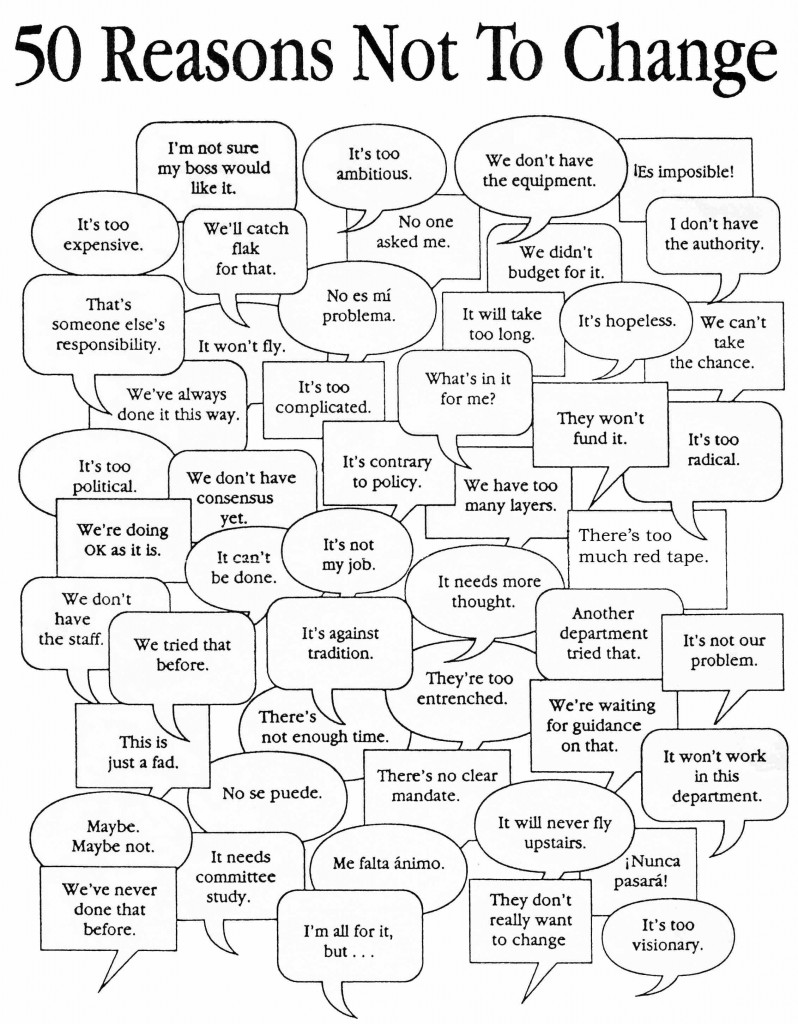 I begin with an apology to those for whom work and life come easy. To those for whose priorities sort themselves out before any difficult choice needs to be made, this article may seem so much wasted breath.
I begin with an apology to those for whom work and life come easy. To those for whose priorities sort themselves out before any difficult choice needs to be made, this article may seem so much wasted breath.
We tend to think about the various contexts of life separately. Work, family, friends, politics, sports, religion, hobbies, etc.
We then proceed to burden ourselves with the task of achieving a mythical ideal of “balance” between them all. As if there existed some ideal slicing of the pie, so to speak, by which we would be appropriately invested in each compartment in such a way that we were neither overwhelmed by any one of them.
 Better than slices of pie, though, is the analogy of the seven-course meal. Each course in its time, each course serving its culinary purpose, each course designed to delight all of the senses. So we think about our various contexts of life. Each should have its time, accomplish its purpose, and result in its benefits.
Better than slices of pie, though, is the analogy of the seven-course meal. Each course in its time, each course serving its culinary purpose, each course designed to delight all of the senses. So we think about our various contexts of life. Each should have its time, accomplish its purpose, and result in its benefits.
Reality, though, rarely (I’m dying to say “never”) works out so neatly. Reality is messy. Reality consists of the unexpected, the complex, much that is broken, and much that does not fit very well.
Instead of embracing the messiness of reality, we launch on our various heroic quests for the holy grail of “balance.”
Maybe the casserole would be a yet better analogy for life than the seven-course meal. All the same ingredients are present, but the presentation isn’t as beautiful and the components aren’t artificially kept separate.
The task of building a meaningful and rewarding life feels differently to me when my goal is to simply concoct the most delicious casserole I can. Instead of chasing some mythical ideal of the perfectly balanced seven-course meal, I am working with who I currently am and with what and whom I currently have in the pantry.
What have you got in the pantry? Instead of stressing about what’s not there, how about taking stock of what is there. Instead of viewing what is there through the eyes of the seven-course meal and how far short it falls of that ideal, view it through the eyes of the casserole and what delicious combinations can be created by you.
The gourmet sausage industry did not grow out of trying to figure out what to do with the best cuts of meat.
Work, family, friends, politics, sports, religion and hobbies don’t need to be artificially isolated from each other and set at odds with each other. We don’t need to argue about whether the main course should be work or family or religion.
If I can be ok with the harsh reality that casseroles will never look as beautiful, organized or balanced as a meal with courses, then I can relax and enjoy how delightfully yummy it is.
I have, in essence, traded the unattainable and mythical ideal of balance for the always available if messy reality of flavor.
Still a feast, just not very pretty.
On your side,
- Karl Edwards
 The new school year is well underway. Midterms to take, papers to write, projects to complete.
The new school year is well underway. Midterms to take, papers to write, projects to complete.



 I begin with an apology to those for whom work and life come easy. To those for whose priorities sort themselves out before any difficult choice needs to be made, this article may seem so much wasted breath.
I begin with an apology to those for whom work and life come easy. To those for whose priorities sort themselves out before any difficult choice needs to be made, this article may seem so much wasted breath.


 No matter how powerless you feel at work. No matter how little power you actually wield. You always have control over how you show up.
No matter how powerless you feel at work. No matter how little power you actually wield. You always have control over how you show up. We have a tendency to swing between extremes.
We have a tendency to swing between extremes. In our last newsletter I posed the question, what if the current financial crisis were to present an opportunity?
In our last newsletter I posed the question, what if the current financial crisis were to present an opportunity?